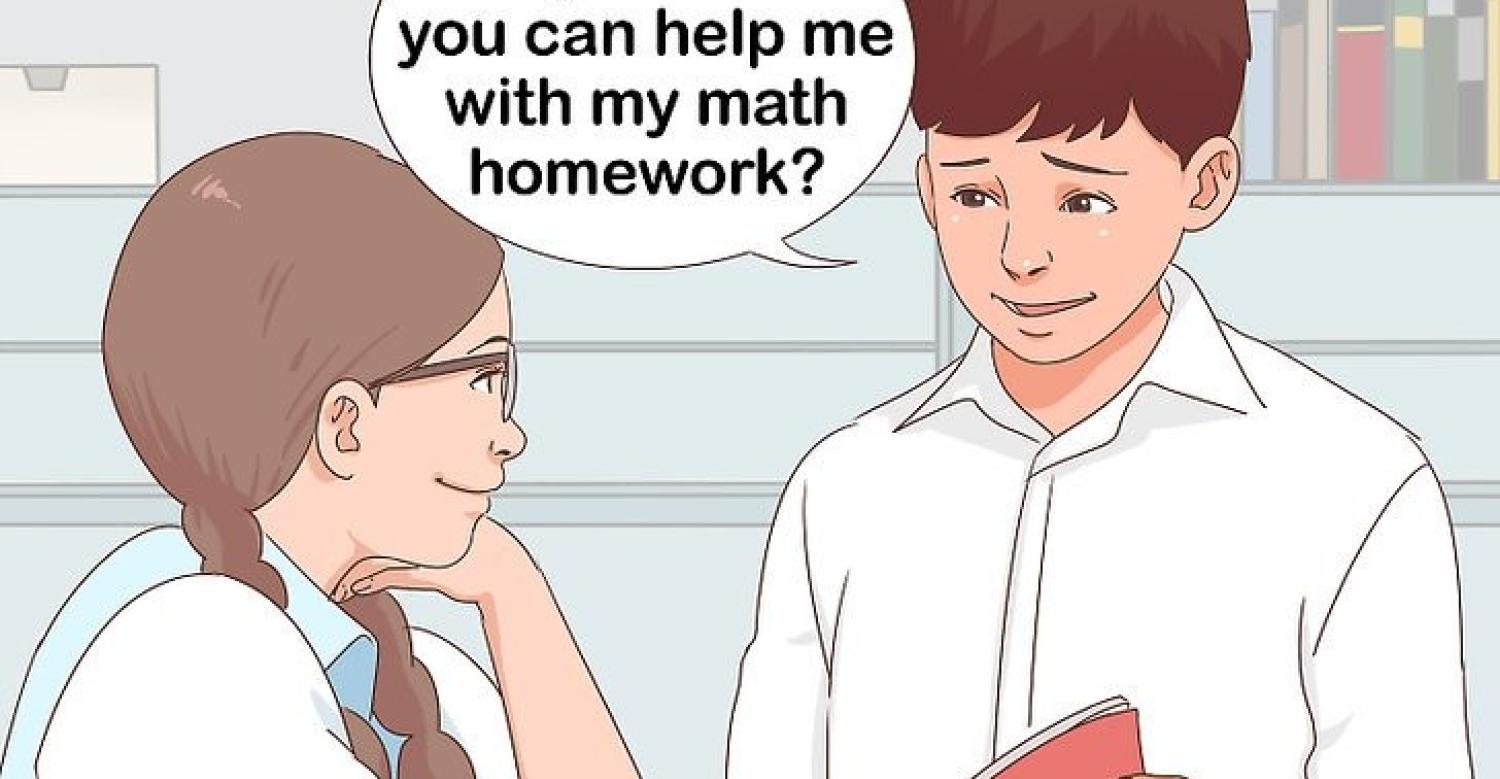
Imagine this
It is your first day in the office. As you go for lunch in the canteen, you realize that you have left your wallet on your seat on the 3rd floor. Everyone around you is a stranger. What would be your first/preferred option?
- Go back to the seat to get the wallet?
- Ask the canteen owner that you forgot to bring your wallet and promise to pay tomorrow or later?
- Ask a stranger, who is probably your colleague, to pay for you?
Very often, we go for the 1st option because we do not know the stranger, and it does not feel "nice" to ask someone for a favor.
Let us check this now
If you were to go back to your school or college days, how often have you asked for or been asked for a favor?
"Can you help me with a math problem?"
"Do you have biology notes?"
"Can you drop me home?"
Sometimes, these conversations have the potential to grow into friendships or even stronger relationships.
What is different here?
- In the latter case, there is a need/desire to strike a conversation, even if there is no real need for help.
- There is no ego of "Why should I ask?"
Let us see what can happen in the first case
- There are high chances that someone will lend you money, possibly leading to an opportunity to sit and talk during lunch — an opportunity to build a relationship.
- When you return the money, trust is built based on the transaction. Trust, the most basic ingredient of a relationship, strengthens as you engage in more transactions.
What if the other person denies?
(Though bleak chances, let us say it happens.)
- You might feel embarrassed about asking for money, but you still took a chance to strike a conversation.
- You can still choose to go for Option 1 or 2.
The GIVE & TAKE principle
Interestingly, both GIVE & TAKE and TAKE & GIVE work. However, GIVE alone or TAKE alone does not work.
In the case of businesses
We have a responsibility to maintain relationships with team members and customers.
- If you are a manager, you are likely at the other extreme of asking favors from the team.
- However, have you asked for a favor from a customer that you can return, even when there was no real need to ask?
- Have you shown intent to strike a conversation by asking a favor from a peer to build a professional relationship?
A thought for reflection
How often have you intentionally put your ego down to ask for a favor or to give a favor?
Conclusion
Asking favors can become a powerful tool to build relationships, especially when there is no need to ask.
